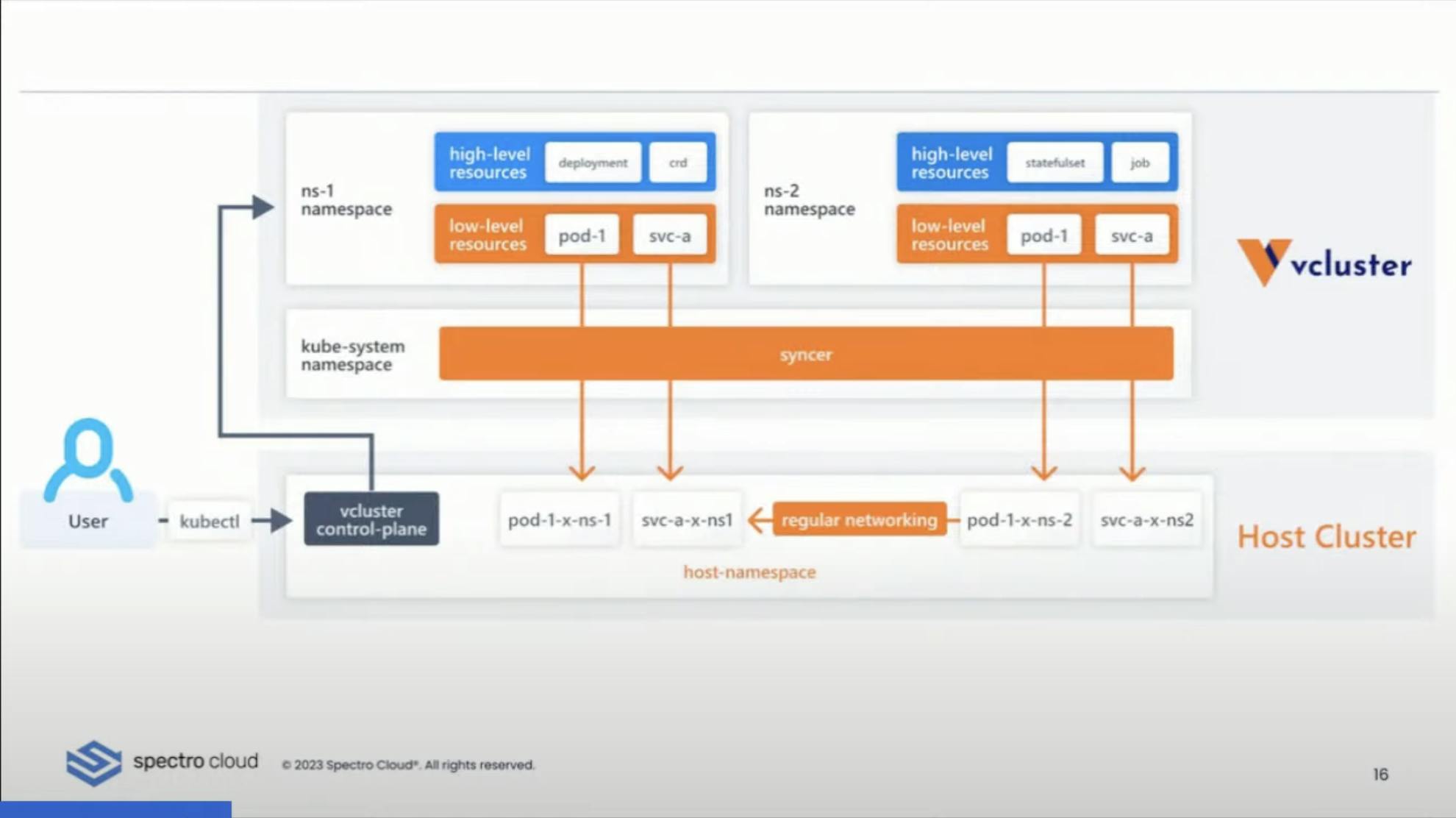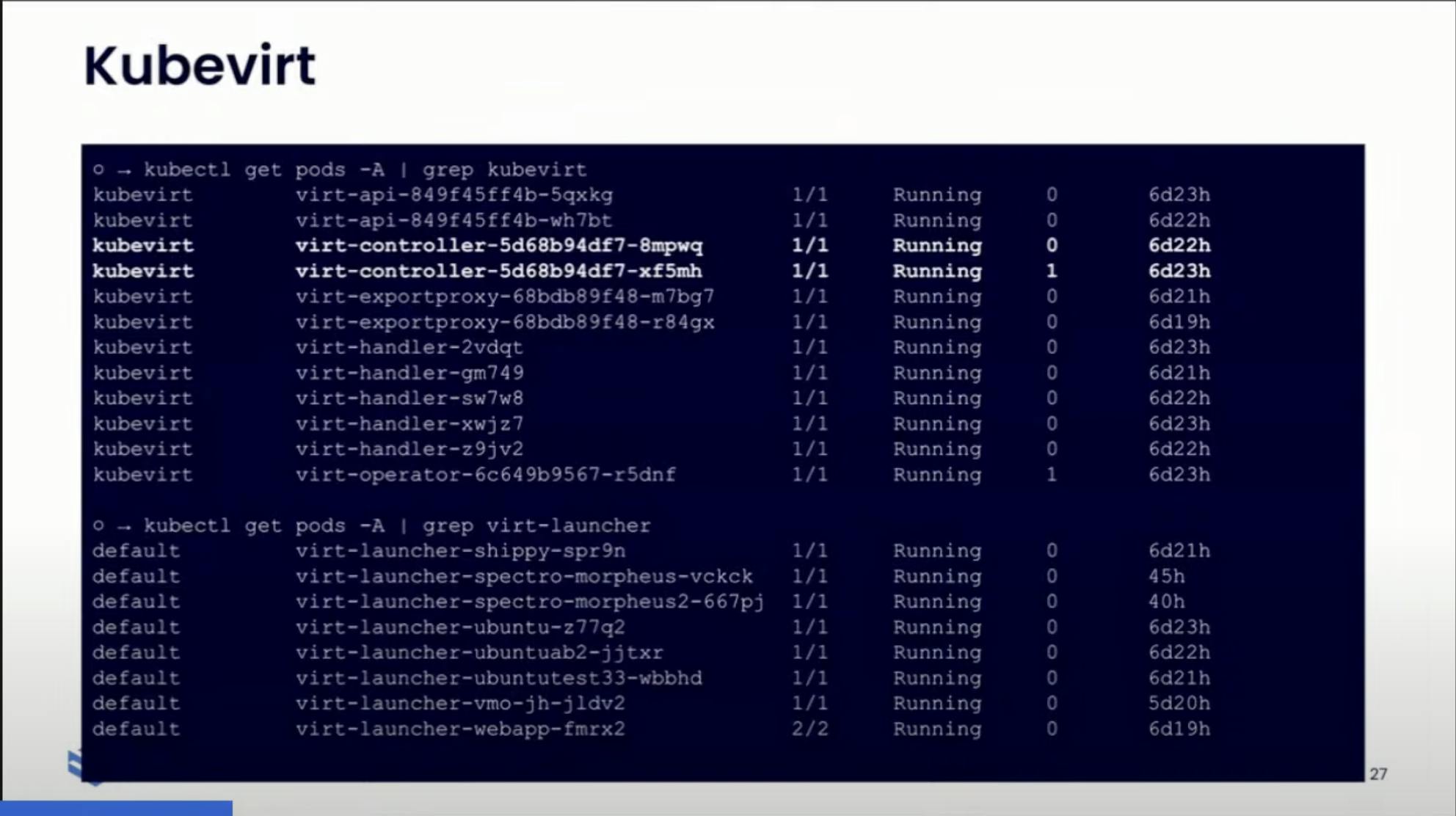My kubeCon Experience: K8s all the things!
Exploring Kubernetes in the Cloud Native Ecosystem: Key Takeaways from Cloud Native Live
Introduction: Recently, I had the opportunity to attend an enlightening event titled "Cloud Native Live: K8s All the Things!" This event was a deep dive into the world of Kubernetes and its pivotal role in the Cloud Native ecosystem. As I delved into the sessions and absorbed the knowledge shared by the experts, I found myself gaining insights into various aspects of Kubernetes, its versatile applications, and the cutting-edge technologies associated with it. In this blog post, I'll share some of the key takeaways from the event.
- Kubernetes: The Heart of Cloud Native: The event kicked off with a compelling talk about Kubernetes and its profound significance in the Cloud Native landscape. Kubernetes takes a declarative approach, allowing users to express what they want, and it is executed by controllers. This declarative nature simplifies the management of complex containerized applications.

- Cluster API: Expanding the Kubernetes Pattern: One of the central themes discussed was the application of the core Kubernetes pattern to diverse use cases through the Cluster API. This approach facilitates the creation and management of Kubernetes clusters using controllers, streamlining the provisioning of control plane and worker nodes.
Seamless State and Controller Migration: The event shed light on the process of moving state and controllers from one cluster to another using Kubernetes in a declarative manner. This technique proves invaluable for disaster recovery and ensuring high availability. GitOps emerged as a recommended approach for storing all declarations in GitHub, facilitating easy recovery.
Specialized Controllers: Kappa and More: Notably, the event highlighted the role of specialized controllers like Kappa, designed for specific tasks in the AWS Cloud environment. These controllers streamline cloud-native operations, and Cube Atom was mentioned for bootstrapping clusters.
Virtual Clusters: A New Paradigm: Virtual clusters, a fascinating concept, were explored in detail. These lightweight partitions within a Kubernetes cluster offer more granular control than traditional namespaces. V cluster enables the deployment of higher-level abstractions into virtual clusters, each with its API endpoint and controllers.

Security in Virtual Clusters: Security considerations were not overlooked, with discussions about the security measures implemented in virtual clusters. These measures aim to secure namespaces within virtual clusters, making V cluster a robust choice for cluster isolation.
Kubernetes Meets Virtual Machines: The event also delved into the integration of virtual machines with Kubernetes using Cube vert API. This allows for the definition and configuration of virtual machines within Kubernetes, complete with compute, storage, and network parameters.
Running Virtual Machines in Containers: Kubernetes, as a runtime environment for virtual machines, was explored. The Kubert controller manages compute, storage, and network resources for virtual machines, leveraging Kubernetes' extensive resource definitions and controllers.

- Community Appreciation and Future Invitations: The event concluded with a heartfelt appreciation for the audience and partners who contributed to its success. Attendees were encouraged to join future episodes of Cloud Native Live, a valuable source of the latest Cloud Native knowledge.
Conclusion:
The Cloud Native Live event provided a captivating journey through the world of Kubernetes and its multifaceted applications. These takeaways only scratch the surface of the wealth of knowledge shared during the event. As the Cloud Native ecosystem continues to evolve, staying informed about the latest advancements is crucial. I look forward to exploring these topics further and sharing more insights with you in the future. Stay tuned for more exciting developments in the world of Cloud Native!
